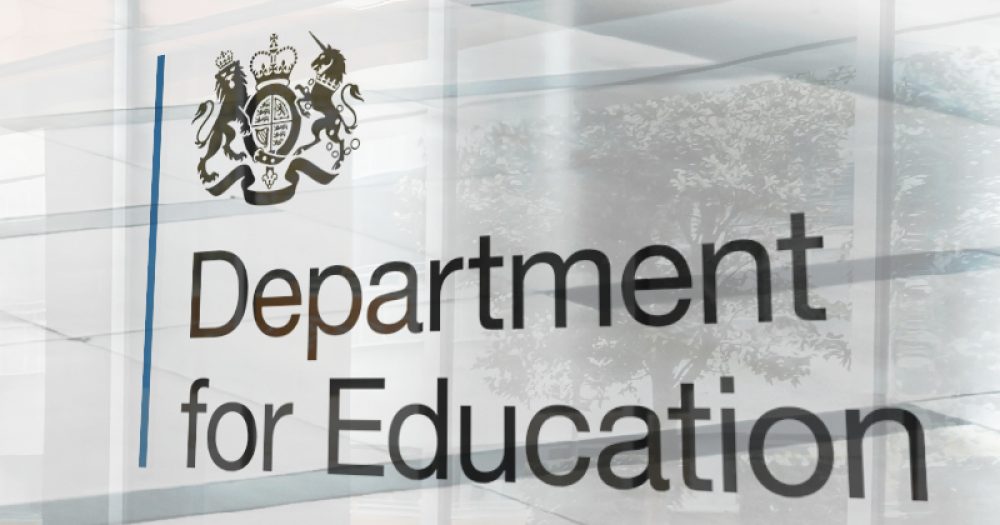The government has announced new rules which will allow it to repeatedly bail out failing colleges that go bust, reneging on a previous commitment.
The new Technical and Further Education Bill announced on Thursday last week includes provisions to apply a ‘special administration regime’ to insolvent colleges and sixth forms in order to put the interests of learners ahead of the interests of creditors.
When it first announced the proposals in March, the Department for Education said it would not provide financial support to failing colleges once area review recommendations had been implemented – and that they would be allowed to go bust.
However, the DfE has now U-turned on that promise, and confirmed that extra cash would be made available if needed.
“The Secretary of State would of course want any special administration to be successful and will have wide powers to provide funding if necessary to achieve this,” it has now said, in a response to a consultation on the insolvency regime plans.
“Our intention is that these powers will allow funding to be provided by grant or loan as well as guarantee or indemnity”.
However, it did warn that colleges shouldn’t feel entitled to repeated bailouts, adding: “While the special administration regime will provide a necessary safety net for colleges and their learners, its use will be exceptional.”
The DfE’s volte-face was met with scorn by the Association of Employment and Learning Providers, which represents non-college FE providers.
The DfE’s volte-face was met with scorn by the Association of Employment and Learning Providers
“Observers might be forgiven for thinking that no matter how incompetently an institution is managed, the government will always bail it out,” said its chief executive Mark Dawe.
He reiterated AELP’s long-standing call for a level playing-field between the different types of provider, and urged the SFA to allow other providers to bid for ownership of failing colleges.
David Hughes, meanwhile, the chief executive of the Association of Colleges, welcomed the government’s focus on protecting the interests of learners – but didn’t comment directly on the U-turn.
A DfE spokesperson said: “Our insolvency proposals are about protecting students where a college has gone into special administration to ensure their studies are not disrupted. Under these proposals, the funding would be used to protect learner provision while the future of the college is determined.
“Following the area review process, colleges in financial difficulty will no longer be able to apply for Exceptional Financial Support.“
The outgoing FE commissioner, Sir David Collins, told the education select committee last week that the area review process could produce “benefits of £200 million plus per year going forward”, for an upfront cost of between £2 million and £3 million.
According to the DfE, these savings will be based on the sector as a whole meeting “an operating surplus of three to five per cent of turnover”.
This, it said, would enable colleges “to invest between £200 million and £360 million more per year in high-quality technical education”.
Additionally, the DfE finally published a number of key area review documents in October, three months later than expected.
The implementation guidance, due diligence framework, and guidance for local authorities and local enterprise partnerships were all originally expected in July.
However they were finally released on October 19, alongside updated guidance and application forms for the restructuring facility, and for sixth form colleges to convert to academy status, as well as full details of the areas and colleges involved in waves four and five of the area reviews.








A U-Turn of this magnitude is a clear ‘get out of jail free’ card for any incompetent college leadership and contradicts the governments wish to put the interest of learners first.